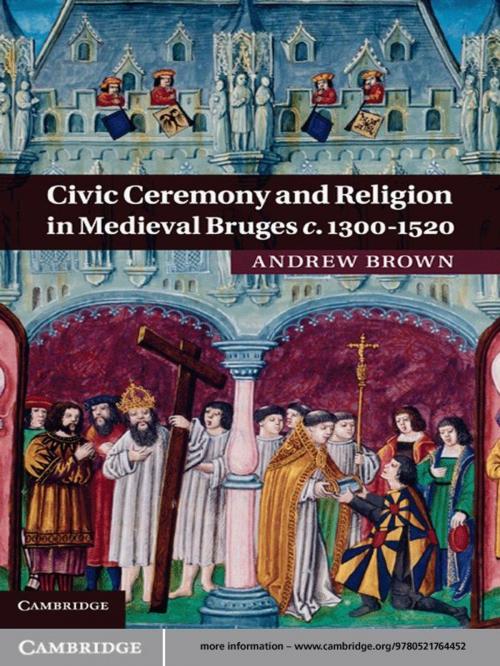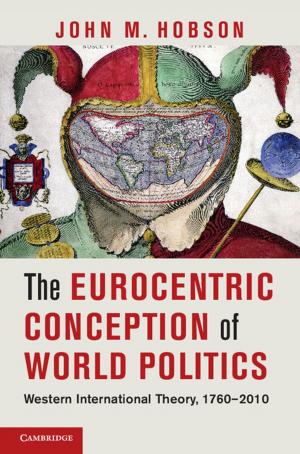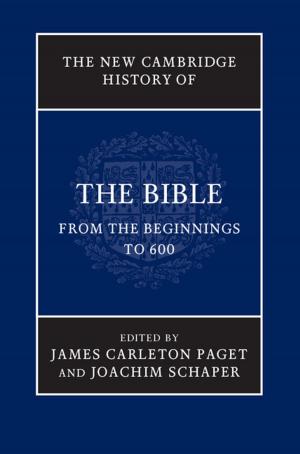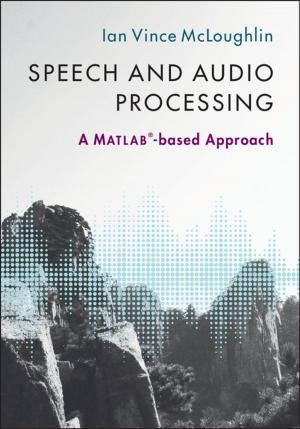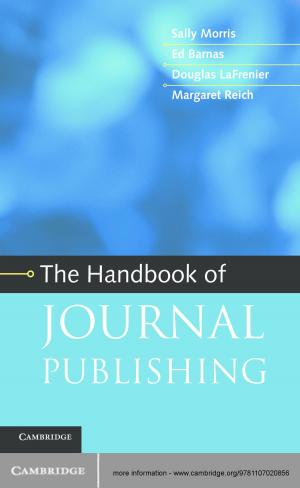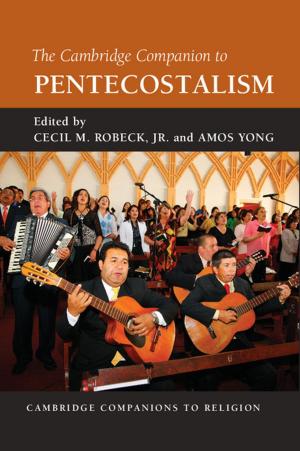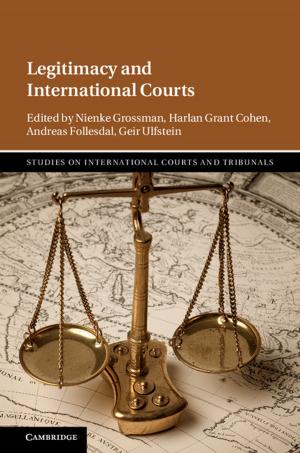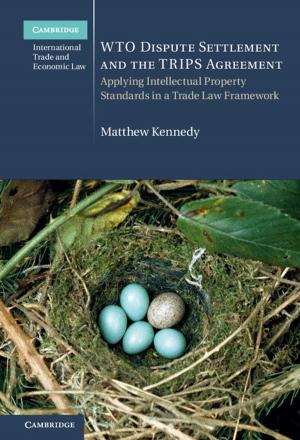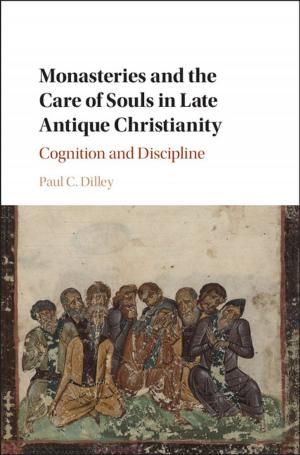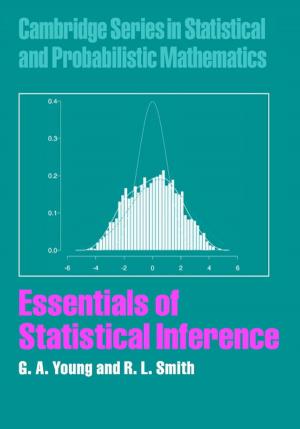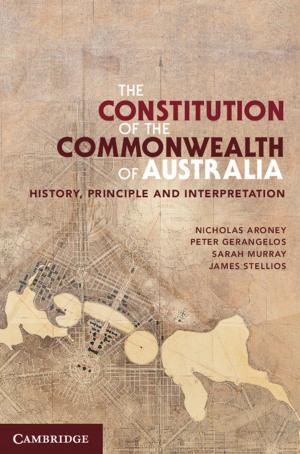Civic Ceremony and Religion in Medieval Bruges c.1300–1520
Nonfiction, History, European General, Religion & Spirituality| Author: | Andrew Brown | ISBN: | 9780511853180 |
| Publisher: | Cambridge University Press | Publication: | March 10, 2011 |
| Imprint: | Cambridge University Press | Language: | English |
| Author: | Andrew Brown |
| ISBN: | 9780511853180 |
| Publisher: | Cambridge University Press |
| Publication: | March 10, 2011 |
| Imprint: | Cambridge University Press |
| Language: | English |
Public religious practice lay at the heart of civic society in late medieval Europe. In this illuminating study, Andrew Brown draws on the rich and previously little-researched archives of Bruges, one of medieval Europe's wealthiest and most important towns, to explore the role of religion and ceremony in urban society. The author situates the religious practices of citizens - their investment in the liturgy, commemorative services, guilds and charity - within the contexts of Bruges' highly diversified society and of the changes and crises the town experienced. Focusing on the religious processions and festivities sponsored by the municipal government, the author challenges much current thinking on, for example, the nature of 'civic religion'. Re-evaluating the ceremonial links between Bruges and its rulers, he questions whether rulers could dominate the urban landscape by religious or ceremonial means, and offers new insight into the interplay between ritual and power of relevance throughout medieval Europe.
Public religious practice lay at the heart of civic society in late medieval Europe. In this illuminating study, Andrew Brown draws on the rich and previously little-researched archives of Bruges, one of medieval Europe's wealthiest and most important towns, to explore the role of religion and ceremony in urban society. The author situates the religious practices of citizens - their investment in the liturgy, commemorative services, guilds and charity - within the contexts of Bruges' highly diversified society and of the changes and crises the town experienced. Focusing on the religious processions and festivities sponsored by the municipal government, the author challenges much current thinking on, for example, the nature of 'civic religion'. Re-evaluating the ceremonial links between Bruges and its rulers, he questions whether rulers could dominate the urban landscape by religious or ceremonial means, and offers new insight into the interplay between ritual and power of relevance throughout medieval Europe.
